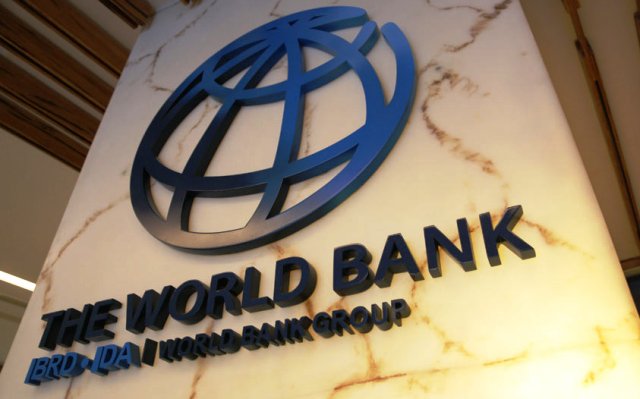The World Bank has disclosed in a new report that four in 10 Nigerians live below the national poverty line.
In a statement announcing the publication of the report on Tuesday, the Washington-based Bank said that Nigeria’s poverty reduction efforts were hampered by sluggish growth, low human capital, labour market weaknesses, and exposure to shocks.
The statement read in part, “Sluggish growth, low human capital, labour market weaknesses, and exposure to shocks are holding Nigeria’s poverty reduction back says a new World Bank report ‘A Better Future for All Nigerians: Nigeria Poverty Assessment 2022.”
“The report represents the culmination of the World Bank’s engagement on poverty- and inequality-relevant data and analytics in Nigeria in the past two years. It draws primarily on the 2018/19 Nigerian Living Standards Survey, which provided Nigeria’s first official poverty numbers in almost a decade, as well as the Nigeria COVID-19 National Longitudinal Phone Survey. These surveys were implemented by Nigeria’s National Bureau of Statistics in collaboration with the World Bank.”
It added, “According to the report, which brings together the latest evidence on the profile and drivers of poverty in Nigeria, as many as 4 in 10 Nigerians live below the national poverty line.”
It further disclosed that many Nigerians, especially in the northern part of the country lack education, improved sanitation, and access to basic infrastructures, such as electricity, safe drinking water.
The bank also noted that only about 17 per cent of Nigerian workers hold the wage jobs best able to lift people out of poverty.
The World Bank Country Director for Nigeria, Shubham Chaudhuri, was quoted in the statement as saying, “It is clear that much needs to be done to help lift millions of Nigerians out of poverty, including boosting health and education, bolstering productive jobs, and expanding social protection.
“Yet implementing pro-poor initiatives requires unlocking fiscal space; reforming expensive subsidies – including fuel subsidies – will be essential, alongside countervailing measures to protect the poor as reforms are effected.”
In order to help Nigerians out of poverty, the bank advised the government to create macroeconomic reforms (including fiscal, trade, and exchange rate policy) and policies to boost the productivity of farm and non-farm household enterprises, as well as improve access to electricity, water, and sanitation while bolstering information and communication technologies.
Source Punch














